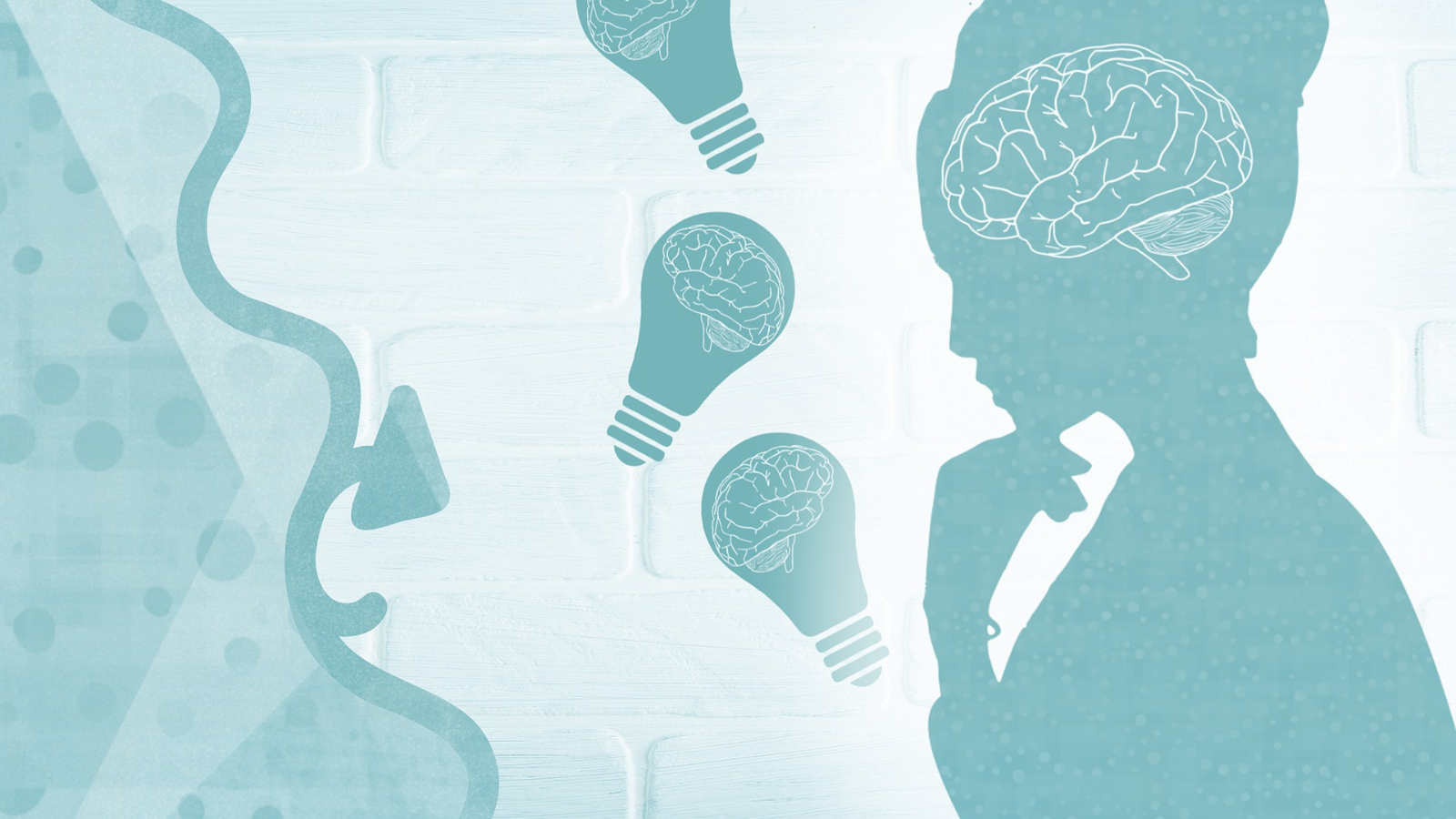Approximately 15 percent of the world’s population was living with a mental illness in 2019. In addition to anxiety disorders and depression, alcohol or drug dependence are among the most common disorders. A multiple increase was recorded as a result of the corona pandemic. In Germany, more than a quarter of adults meet the criteria for a mental illness.
Stigmatization and shame, which often lead to a lack of insight into the illness, as well as inadequate diagnosis also result in a high number of people with mental illness who remain unidentified. In addition to the massive suffering for those affected and their relatives and friends, mental illnesses are the second most common cause of sick days at work.
As a supplement to conventional methods such as psychotherapy and drug treatment, technological innovations (mental health tech) can also already help to alleviate symptoms and reduce stress. They also offer the opportunity to compensate for the increasing lack of therapy services worldwide and to prevent relapses. In the future, technological solutions also have the potential to create individualized solutions for patients that have been virtually impossible to achieve using conventional approaches.
Against this background, ELNET organized its first GINSUM Mental Health Day in cooperation with health.il and GIHF-AI in Tel Aviv in early July. The theme was “Where global mental health challenges meet innovative solutions in technology.” As part of the GINSUM Digital Health Delegation, this event focused on mental wellness as well as health tech innovations that have applications for post-traumatic stress disorder (PTSD). PTSD can occur in response to extremely stressful events, such as serious accidents, violent crimes, or acts of war. In Israel, a comparatively large number of people have direct and indirect experiences of war trauma, due to the Holocaust and the wars since the founding of the state in 1948. Accordingly, the study situation here is very high. Dr. Johannes Wimmer, member of the board of trustees of the German Israeli Health Forum for Artificial Intelligence (GIHF-AI), moderated the event.
In addition to treating mental disorders using data from deep brain regions and machine learning (GrayMatters Health) and psychoactive substance-based technological-psychiatric care (Madrigal Mental Care), an innovative digital platform was also unveiled that uses cognitive behavioral therapy to steer inner monologue in a more constructive and positive direction (GGTude).
Carsten Ovens, Executive Director of ELNET in Germany, comments: “Mental health is still too often a taboo subject in our performance-oriented society. Yet technological innovations can alleviate many kinds of suffering and significantly improve the lives of affected people. Investments in mental health technologies to strengthen mental health are accordingly investments in a better life and a better future for all of us. ELNET already promotes exchange between Europe and the high-tech nation of Israel with several programs around the topic of digital health. Mental Health is now added as a new focus.”
If you are interested in future activities of ELNET in the context of Mental Health, please contact our team.

